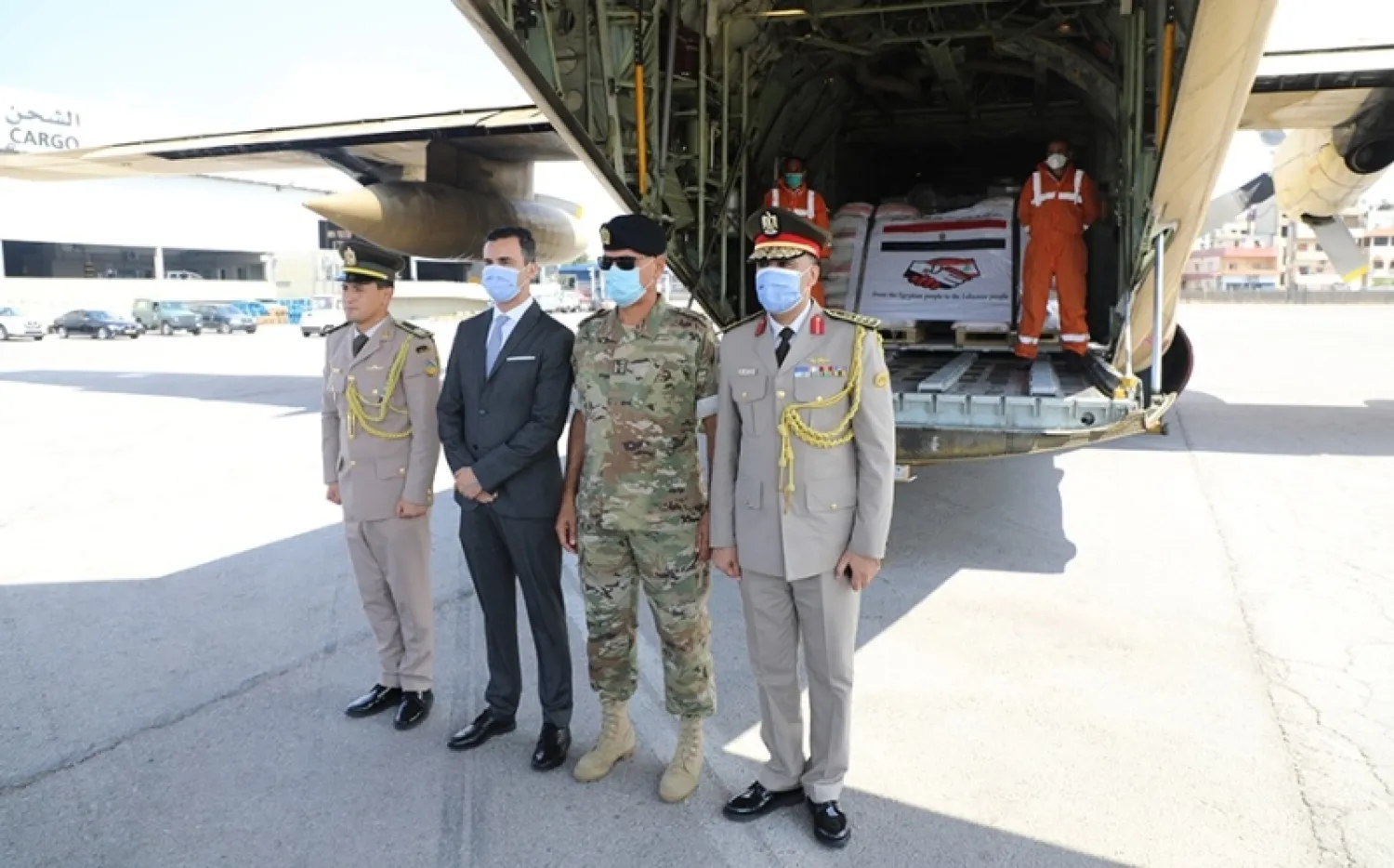The Lebanese Army said on Saturday it is responsible for distributing 50 percent of humanitarian aid sent by international donors for people affected by the devastating blast that ripped through Beirut Port last August 4.
“This aid is distributed based on a transparent mechanism that explains how and from where donations were received,” General Sami El Hoyek, head of the Beirut Forward Emergency Room of the Lebanese Armed Forces, said during a press conference.
Few days following the explosion, an international donor held a teleconference where a total of 252.7 million euros were raised in emergency aid for Lebanon. Meanwhile, planes carrying food, medical aid and other equipment arrive daily at the Rafic Hariri International Airport in support of afflicted people and Lebanese homes and businesses in the wake of Beirut blast.
However, fears emerged among residents that this aid will fall into corrupt hands.
The Lebanese Army, however, said that the distribution of aid would be transparent, adding that the Army established around 250 military and civil engineering committees to speed up surveying and assessing the damage and complete its mission in the coming 15 days.
It added that search and rescue operations did not stop since the devastating explosion hit Beirut on Aug. 4, killing at least 188 people.
Army spokesman Elias Aad said that seven people, including at least three Lebanese nationals, remained missing after the explosion.
“There are still seven missing people: three Lebanese nationals whose relatives have submitted DNA samples, three Syrian nationals and one Egyptian national,” he told reporters.
Aad explained that the figure was compiled from data submitted by the country’s Internal Security Forces in coordination with the Lebanese Red Cross.
The Army said it distributed around 43,000 food baskets on residents damaged by the blast, while 68 percent of donations included medial aid, medicines and vaccines.









